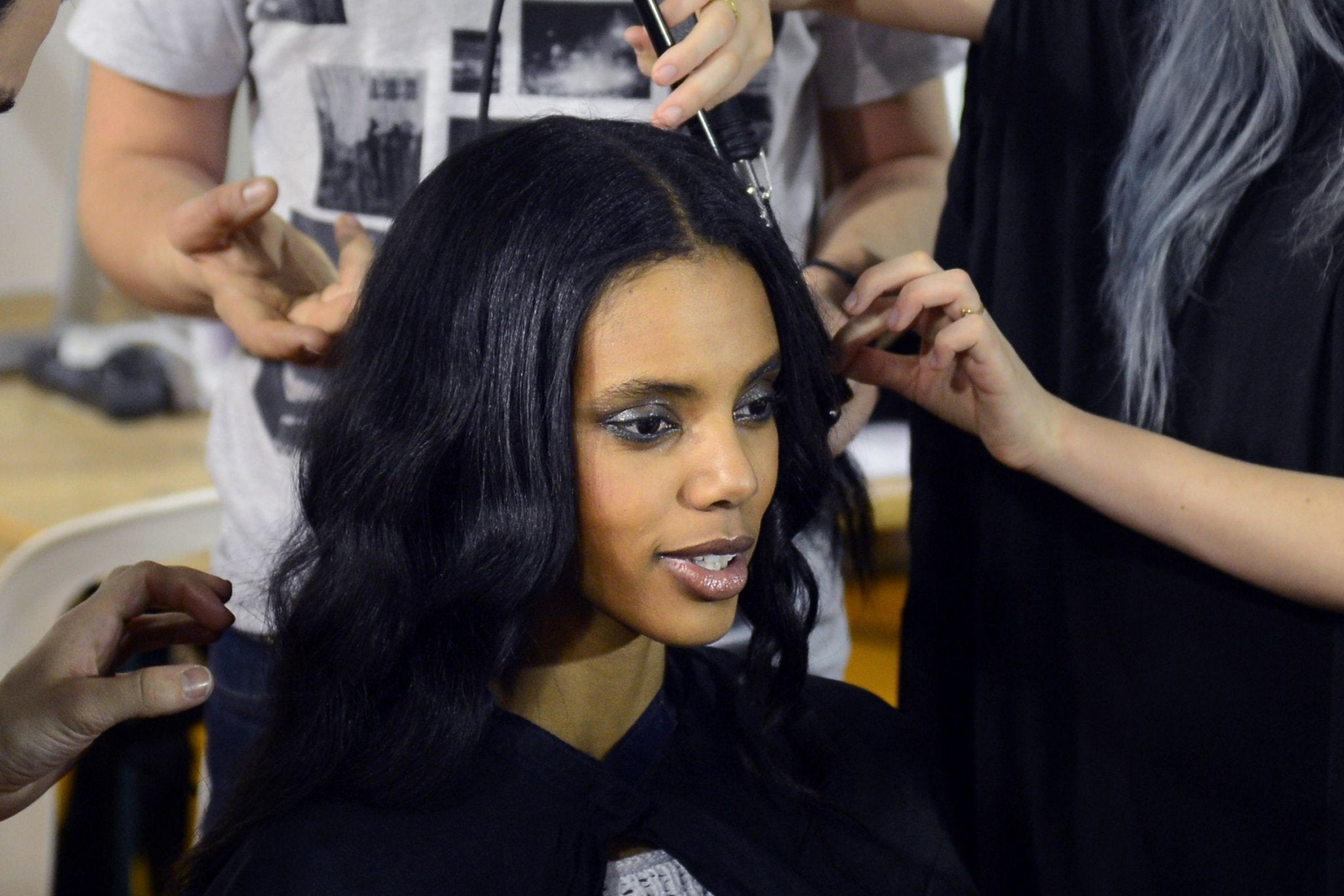Hair shedding is a natural and cyclical process that can be influenced by various factors, including changes in the seasons. Many people notice that their hair tends to shed more in the fall, and there are several reasons for this phenomenon:
-
Seasonal Changes: Hair growth is influenced by the changing seasons. In the fall, as the days become shorter and temperatures drop, your body's biological rhythms can signal hair follicles to enter a resting phase, known as the telogen phase. This can result in increased hair shedding.
-
Sun Exposure: During the summer months, your hair is exposed to more sunlight, which can lead to hair damage and dryness. As fall arrives and sun exposure decreases, hair may start to shed as it tries to repair and renew itself.
-
Hormonal Changes: Seasonal changes can also affect hormone levels in the body. For some people, hormonal fluctuations can lead to increased hair shedding in the fall.
-
Stress: The fall season can be stressful for many individuals, especially with the start of school or work routines after summer vacations. Increased stress levels can contribute to hair shedding.
-
Diet and Nutrition: Changes in diet and nutrient intake during the fall can impact hair health. If your diet lacks essential vitamins and minerals, it can lead to hair loss or increased shedding.
What Can You Do About Increased Hair Shedding in the Fall?
-
Maintain a Healthy Diet: Ensure you're getting a balanced diet rich in vitamins and minerals, including biotin, zinc, iron, and protein, which are essential for hair health.
-
Gentle Hair Care: Be gentle with your hair during the fall. Avoid excessive heat styling, tight hairstyles, and harsh chemicals that can damage your hair and exacerbate shedding.
-
Scalp Care: Keep your scalp clean and healthy. Use a mild shampoo and conditioner and consider using products formulated to strengthen hair and reduce shedding.
-
Manage Stress: Try stress management techniques like meditation, yoga, or exercise to reduce stress levels, which can contribute to hair shedding.
-
Supplements: Consult with a healthcare professional before taking any supplements, but some people find that supplements like biotin or collagen can help improve hair health.
-
Hair Growth Treatments: There are over-the-counter and prescription treatments available that claim to promote hair growth and reduce shedding. Consult a dermatologist for recommendations tailored to your specific needs.
-
Regular Haircuts: Regular trims can help get rid of split ends and maintain healthier hair.
-
Consult a Professional: If you notice excessive hair shedding persisting or worsening, consult a dermatologist or healthcare provider. They can evaluate your condition, identify any underlying causes, and recommend appropriate treatments.
Keep in mind that some level of hair shedding is normal and can vary from person to person. Seasonal shedding is usually temporary and should not cause significant hair loss. However, if you have concerns about your hair health, it's always a good idea to seek professional advice to rule out any underlying issues.




